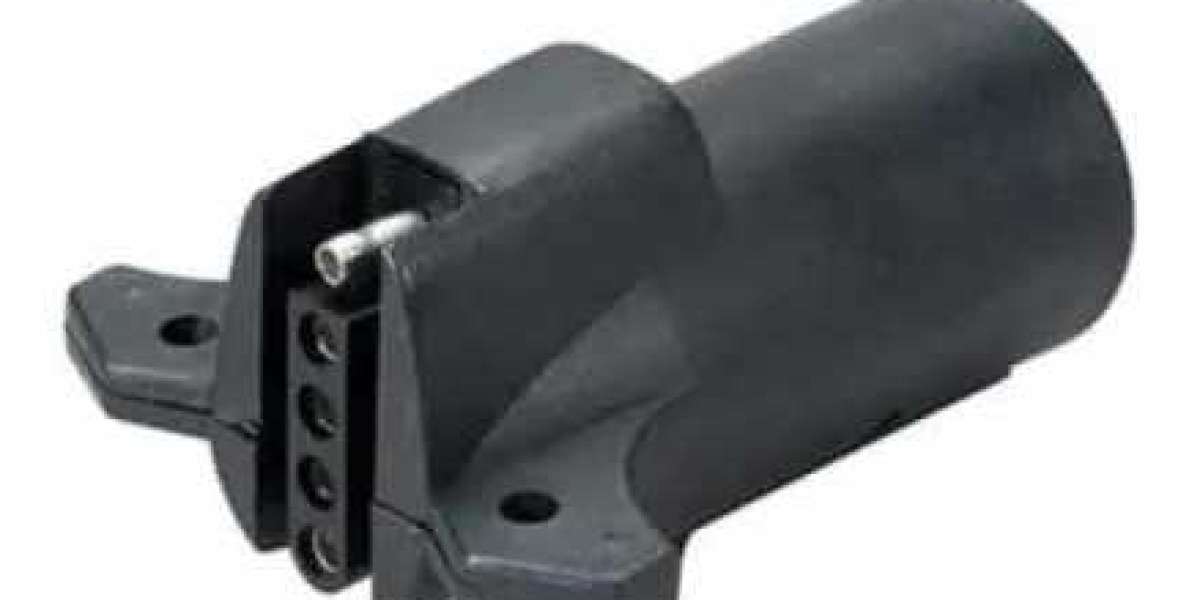When it comes to towing, safety is paramount. Whether you're hauling a boat to the lake, transporting a camper for a weekend getaway, or moving heavy equipment, ensuring that your trailer and vehicle are equipped with the right braking system is crucial. This guide will explore the functionality and benefits of surge brake trailers and surge brake hitches, essential components for safe and reliable towing.
What are Surge Brake Trailers?
Surge brake trailers utilize a hydraulic braking system designed to activate automatically as your vehicle slows down. Unlike electric brakes that require a connection to the vehicle’s braking system, surge brakes are entirely mechanical and use the natural push of the trailer against the tow vehicle to engage the brakes. Here’s how they work:
Pressure Activation: When the towing vehicle begins to slow down, the trailer pushes forward towards the vehicle. This pressure activates the master cylinder located in the surge brake hitch, which then applies hydraulic pressure to the trailer’s brakes.
Self-contained System: Since surge brakes are contained within the trailer, they require no electrical connections to the tow vehicle, making them easier to manage and maintain.
Benefits of Surge Brake Hitches
Investing in a surge brake hitch provides several advantages, especially for those frequently towing heavy loads. These benefits include:
Ease of Use: Installation and use of a surge brake hitch are straightforward. The system's design eliminates the need for complex wiring and electronic controls that are typical with other braking systems.
Improved Safety: By automatically adjusting the braking force based on the trailer's momentum, surge brakes help maintain control and stability of both the trailer and the towing vehicle, particularly in sudden stops or on steep declines.
Versatility: Surge brake hitches are compatible with almost any tow vehicle, making them a versatile choice for different types of trailers and applications.
Choosing the Right Surge Brake System
Selecting the right surge brake system for your trailer involves considering several factors. Here are some tips to help you make an informed decision:
Assess Your Needs: Consider the typical load and terrain you’ll encounter. More substantial loads and more frequent downhill routes typically demand more robust braking systems.
Compatibility: Ensure that the surge brake hitch you choose is compatible with both your trailer and your tow vehicle to avoid any mechanical conflicts or safety issues.
Maintenance Requirements: Regular maintenance is crucial for keeping surge brakes in optimal condition. Choose systems that are easy to inspect and maintain.
Installation and Maintenance Tips
Proper installation and regular maintenance are vital for ensuring that your surge brake trailer and surge brake hitch function correctly and safely. Here are a few guidelines:
Professional Installation: If you're not experienced with trailer mechanics, it’s advisable to have your surge brake system professionally installed.
Regular Checks: Routinely check the hydraulic fluid levels and inspect the entire braking system for signs of wear or damage.
Annual Servicing: Schedule a professional inspection and servicing of your surge brake system annually, especially if you tow frequently or over long distances.
Conclusion: TRAX Power Dolly Systems, LLC
For those in the market for reliable towing solutions, TRAX Power Dolly Systems, LLC offers a range of products designed to enhance your towing safety and efficiency. Whether you need a surge brake trailer or a surge brake hitch, TRAX Power Dolly Systems, LLC ensures that you are equipped with top-quality, durable towing products. Trust TRAX for your towing needs and experience the peace of mind that comes with using expertly engineered equipment.








